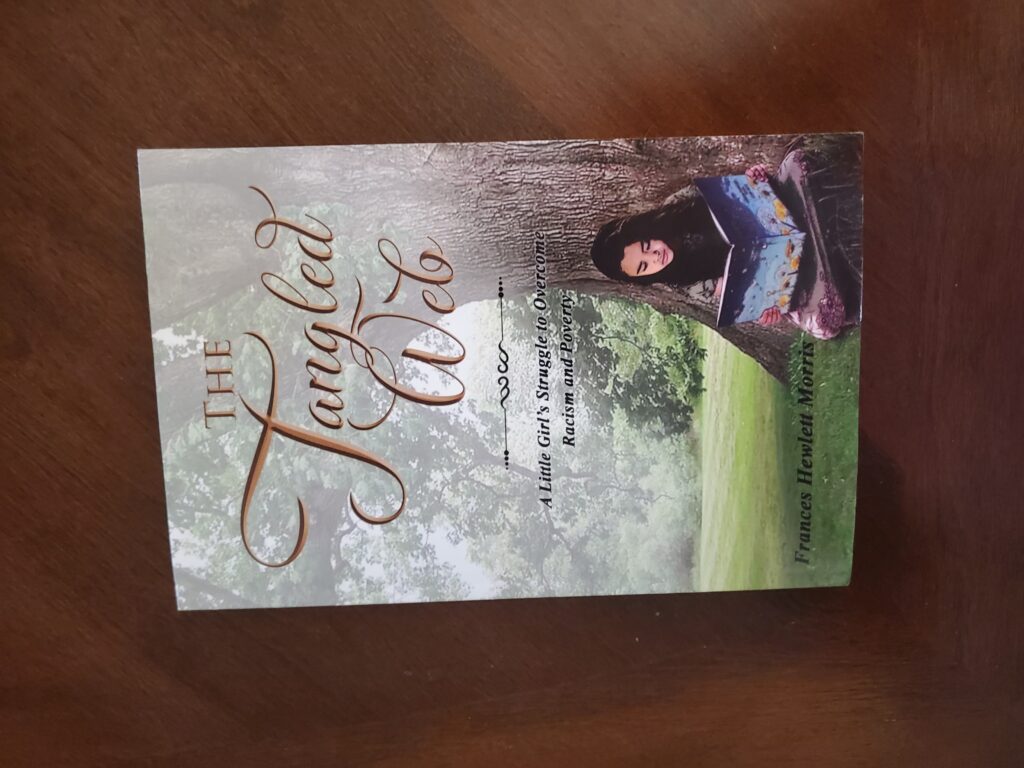The city of Millington was located approximately ten miles from where we lived. The downtown area was populated with a large grocery store, businesses, doctor’s office, retail shops, tattoo shops, and a movie theatre. There was a large elementary and high school located on Navy Road on the outskirts of downtown, but only white students could attend. To get to downtown Millington or Memphis, we had to ride the local city bus past the sprawling Naval Base and the beautiful large schools with the invisible sign of whites only. I can’t recall the fare to ride the bus to downtown Millington, but it cost fifty cents to ride from Millington to Memphis. I rode the bus with Dad or my older siblings. MaDear preferred not to join us in our travels. By this time, Lil Bro was tall and old enough, to be in charge of us. We sat at the back of the bus while the white people rode upfront.
When we made enough money, we rode the bus to both cities. As I peered out the windows I witnessed the lively activities of people living life. We had to pass a housing project on our way to downtown Memphis. The housing project was located on both sides of the busy street, similar to the Navy Base. I looked on both sides and saw rows of beautiful brick apartment style homes with green lawns. Young white children played outside while white adults were busy going about their day. I made up my mind that I would live in one of those brick homes one day.
When we passed the Navy Base, I was intrigued by the service people who were dressed smartly in their uniforms and was curious about their stories. There were bus stops in front of the Navy Base, and the Sailors and Marines rode the bus to and from Memphis. Millington was a small town community, and Memphis offered excitement. Black and white service people got on the bus and sat anywhere they pleased. Sometimes they sat together and talked and laughed all the way to their destinations. While the bus was stopped to let the riders board or un-board, I observed the people on the base. They were dressed in street clothes, work uniforms, and military uniforms. They seemed engaged in conversation and on occasion shared laughs amongst themselves. I didn’t see “colored” or “white” signs like I did in downtown Millington and Memphis. What I saw were groups of people of different ages and races getting along. They seemed to have a common goal.
Read more in my memoir on Amazon.


We were still impoverished but no longer hungry every day. Chopping cotton gave me an idea. I liked the sound the hoe made when it came in contact with the weeds and dirt. The sharper the hoe, the faster the workers could cut the weeds from the plants. MaDear had taught me to look for hidden opportunities. It was a long shot but worth the try. I just had to convince Dad to teach me how to sharpen a hoe.
